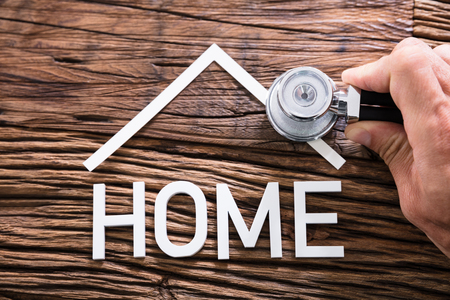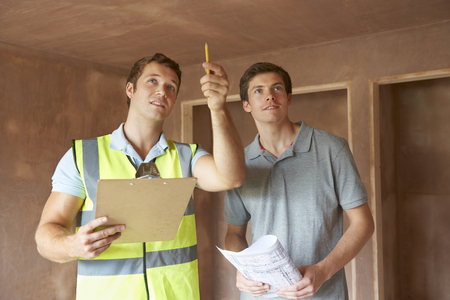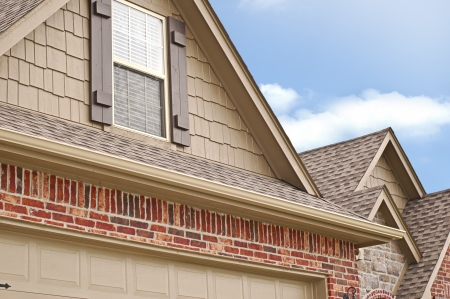
Home inspection – What You Need to Know
Getting a home inspection is a great idea if you are buying the new home. When you get your house inspected, you should be presented with a detailed report of all of the issues related to the home. The inspector will give you the list of some of the repairs that need to be completed. It is the best if the inspector gives you a clear report with diagrams, if possible. Although the information should be clear enough for you to understand, the inspector should offer to answer your questions. A report will do you no good if you do not understand it.
Not only should the report can pinpoint the problems, the inspector or the report should communicate how the problems can impact your home. Problems such as poor plumbing, sitting water in the basement, roof damage, or electrical problems, can make your house unsafe. Some problems can cause your house to deteriorate more quickly. Even if you cannot afford to make all of the repairs immediately, you need to be aware of the dangers some of these issues may pose.
Hiring an inspector should be a mandatory step when you are considering to buy a home. You’ll probably find that the process is an enlightening one. The inspector will find issues that you could never find yourself. Your perfect house may turn out to have some serious problems. These problems may make it necessary for you to choose a different home.
You do not have to wait until you are a new buyer to hire an inspector. You can also hire an inspector to complete a home inspection for your current home. You are likely to find that there are some hidden dangers around.
When choosing an inspector for your home inspection, there are some items that you should consider. The inspector should be licensed in your state. The inspector should be a member of a professional organization with strict standards. These professional organizations provide continuing education as well as the ability to network with other professionals. Inspectors who join professional organizations are typically well-rounded and take a real interest in their work. They understand the need to continuously learn. Understand, that membership in a professional organization is not mandatory. A good inspector is also highly experienced in a home inspection. The professional should have years of experience under his or her belt.
The best inspectors are not always the most inexpensive inspectors. Resist the urge to select an inspector based solely on a price. You may find that you get better quality service when you pay a little more for your home inspection. Get several quotes from many different inspectors if you have the time to do so. Interview the inspectors just as you would interview someone for a job. Ask the person about his or her experience level, membership in professional organizations, and ask to see a copy of a previous report. If you see a copy of report before you hire the person, you know what you are paying for before the services are rendered.


